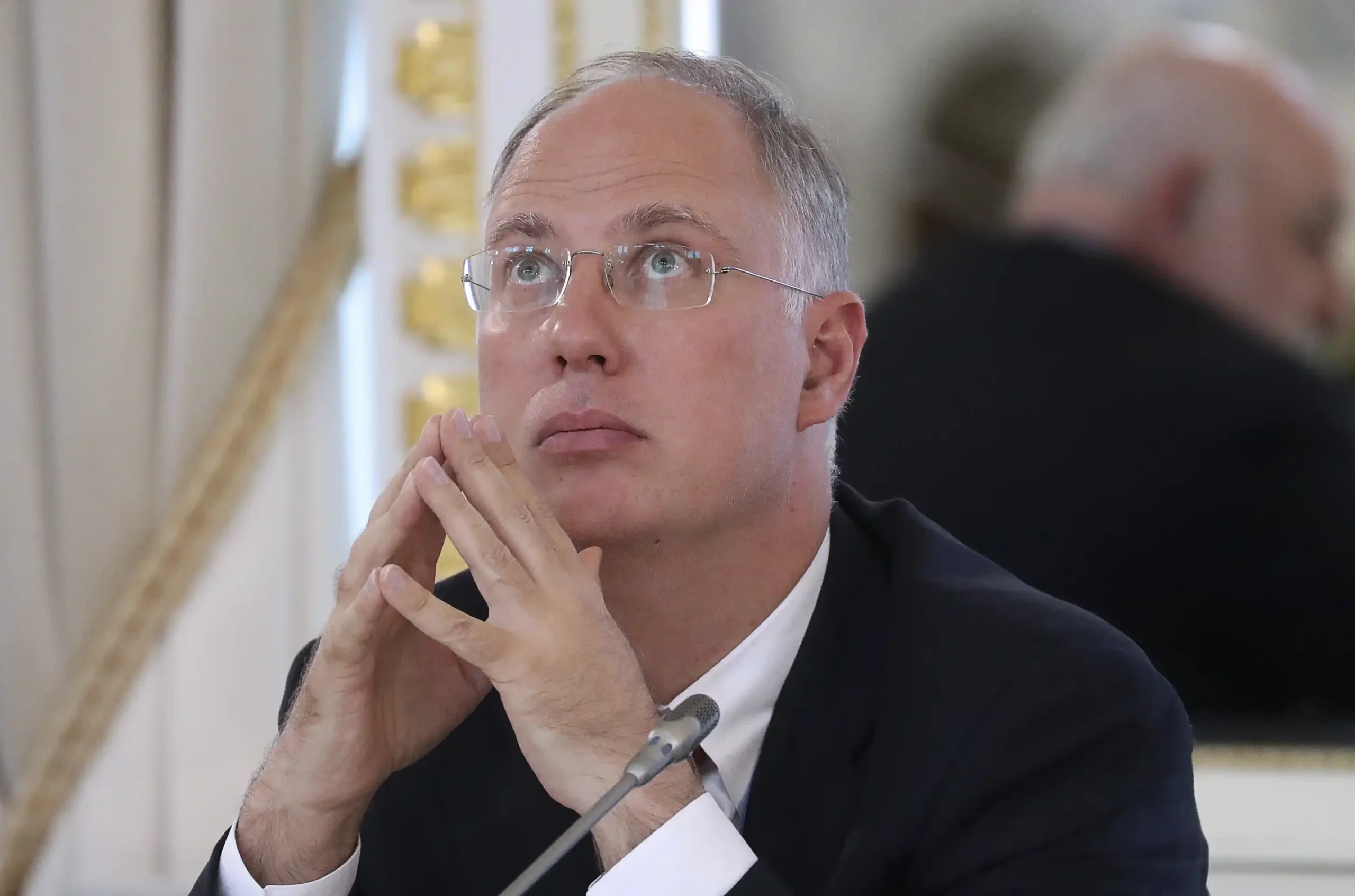Amid shifting global dynamics and the recent return of Donald Trump to the White House, Russia has taken a bold diplomatic step: a high-ranking Kremlin representative — Kirill Dmitriev, head of the Russian Direct Investment Fund (RDIF) — has arrived in Washington. His visit is the first by a senior Russian official since the war in Ukraine began in 2022 and, according to The Washington Post, it signals not only a potential “reset” in relations but also a search for pragmatic dialogue with the new U.S. administration.
The Kremlin Bets on the Economy
Kirill Dmitriev is no ordinary figure. A graduate of Stanford and Harvard, he worked for years at a U.S.-backed private equity fund in Moscow. Today, he acts as a bridge between Russia’s business elite and potential Western partners. In Russia, he is seen as a trusted ally of Vladimir Putin and one of the architects of the Kremlin’s economic diplomacy. According to former RDIF staff, his wife, Natalia Popova, is a close friend of Putin’s younger daughter, Ekaterina Tikhonova.
In Washington, Dmitriev met with Steve Witkoff — a real estate developer, longtime Trump ally, and informal mediator in peace efforts related to Ukraine. Sources familiar with the meetings say the two discussed the possibility of conflict resolution, as well as large-scale economic ventures ranging from rare earth mineral extraction to energy cooperation in the Arctic.
“There are many opportunities for cooperation in the investment and economic sphere,” Dmitriev said at a Moscow business forum last month. To travel to the U.S., he had to obtain a temporary waiver from the sanctions imposed on him in 2022, when the U.S. Treasury accused RDIF of supporting “Putin’s corrupt inner circle.”
A Visit Amid Rising Tensions
Dmitriev’s trip does not come at a moment of warmth. On the contrary — President Trump recently expressed frustration with the Kremlin’s slow approach to negotiations, saying he was “pissed off” at the lack of progress and threatening harsher sanctions on Russian oil if Moscow failed to show flexibility in ending the war. Dmitriev’s visit appears to be an attempt to soothe the Trump administration by offering tangible economic incentives.
According to The Washington Post, this reflects a calculated Kremlin strategy. Russian analysts believe Putin is banking on Trump’s worldview — one that divides global affairs into spheres of influence dominated by great powers. In this context, business negotiations through figures like Witkoff become a natural pathway. “For them, it’s second nature,” said Oleh Rybachuk, former chief of staff to Ukrainian President Viktor Yushchenko. “It’s a direct way to reach Trump.”
A History of Backchannel Ties
This isn’t Dmitriev’s first attempt to connect with Trump’s circle. In 2016, before Trump took office, Dmitriev reached out via George Nader — a businessman based in the UAE — and eventually held a secret meeting in the Seychelles with Erik Prince, founder of Blackwater.
In late 2024, shortly before Trump’s inauguration, Russian officials reactivated their informal diplomacy. During ceasefire talks in Gaza, held in Doha, they approached Steve Witkoff, according to The Washington Post. That contact eventually led to a high-profile prisoner swap: American teacher Marc Fogel, imprisoned in Russia for marijuana possession, was exchanged for Russian cybercriminal Alexander Vinnik. Dmitriev personally coordinated the exchange.
As Witkoff later told Jared Kushner during a public conversation in Miami, the approach came from “someone you know — Kirill.” The gesture was intended to demonstrate goodwill and open the door to broader talks on Ukraine.
Money as a Diplomatic Language
In February, Dmitriev led a so-called “business charm offensive” at peace negotiations in Riyadh, claiming that American companies had lost $300 billion by leaving the Russian market. Western financial experts, however, were skeptical. “How do you get to that number when even the biggest write-off, ExxonMobil’s exit from Sakhalin-1, was only $4.5 billion?” asked Craig Kennedy, former vice chairman of Bank of America Merrill Lynch.
Still, Witkoff appears to have been receptive. In a March interview with Tucker Carlson, he expressed hope for future U.S.–Russia cooperation — in Arctic energy policy, LNG supply to Europe, sea lane logistics, and even artificial intelligence.
Dmitriev as a Kremlin Tool
U.S. officials have long viewed RDIF as an instrument used by Putin to raise funds abroad under the guise of economic development. The 2022 Treasury sanctions stated that RDIF served as a “slush fund” for Kremlin elites and was emblematic of Russia’s broader kleptocracy. Dmitriev, they said, “leveraged his ties to U.S. institutions to act as a representative of Putin’s interests.”
According to former Western bankers, Dmitriev’s prominence stems in large part from his wife’s personal ties to Putin’s family. “I never understood how he got that role until someone explained that his wife is friends with Putin’s daughter,” said Christopher Barter, the former head of Goldman Sachs in Moscow.
Despite these criticisms, Dmitriev’s influence remains strong. “If a deal aligns with his agenda — or his boss’s — he can bring money and pressure to bear,” said a longtime American investor in Russia. “You have to listen to him.”
This article was prepared based on materials published by The Washington Post. The author does not claim authorship of the original text but presents their interpretation of the content for informational purposes.
The original article can be found at the following link: The Washington Post.
All rights to the original text belong to The Washington Post.





















